
By Ollus Ndomu
Dolika Banda entered Zambia’s political conversation with the aura of novelty. A respected international banker with over three decades of experience in finance, she was billed as the fresh face to revive the People’s Alliance for Change (PAC). For weeks, whispers in opposition circles suggested she had already secured the PAC presidency, with some even claiming she had bought the right to lead.
But when the lights came on at the party’s convention, Dolika was missing from the high table. Andyford Banda, the man she was meant to replace, stood unopposed and reclaimed the presidency. The script collapsed before the performance even began.
This was supposed to be her moment. Zambia’s opposition is hungry for new blood and Dolika, a niece of the late President Rupiah Banda, arrived with the kind of pedigree that excites strategists and unsettles incumbents. She has global credentials, boardroom polish, and the credibility of someone untouched by the dust of Zambian street politics. Instead, her absence was a statement of its own. Hype met reality, and reality won.
Andyford Banda, speaking on Hot FM, admitted to last-minute disagreements. According to him, Dolika’s world of banking did not easily translate into the bare-knuckle grind of party politics. “Despite our efforts, we ultimately decided it wasn’t feasible,” he explained. The PAC leader insisted the fallout was not about money but about irreconcilable differences in approach. It was a diplomatic way of saying that Dolika wanted control, but control was not on offer.
This fiasco raises deeper questions about Zambia’s opposition. Was Dolika’s political entry about offering solutions or about capitalising on her family name and global résumé? Politics in Zambia does not run on résumés. It runs on mobilising constituencies, crafting narratives, and weathering the blows of relentless scrutiny. Dolika discovered this the hard way. Politics is not bought at the convention floor. It is earned in the trenches.
For PAC, the episode is another bruise on a brand that has long struggled to gain traction beyond Lusaka. Instead of projecting renewal, the convention reinforced an old story: a small party tied up in intrigue, lacking coherence, and quick to turn internal disagreements into public embarrassment. Andyford Banda’s re-election might offer continuity, but it was continuity forged out of collapse, not choice.
Dolika’s gamble has left her exposed. Opposition charlatans hyped her as a game-changer, a woman ready to sweep into the scene and disrupt the status quo. Instead, she kissed dust before the cameras rolled. For a debut, this was bruising. In a political culture where perception is as powerful as fact, she will need more than technical expertise to rebuild credibility.
The lesson is clear. Zambia’s opposition cannot afford to trade in rumours and theatrics while the ruling UPND is entrenching its machinery. Wynter Kabimba was right when he warned that leadership should not be about one man or one woman but about presenting credible ideas. Dolika’s failed unveiling shows what happens when parties gamble on personalities without a tested path for integration.
Dolika Banda’s misstep is not just about her. It is about an opposition still fumbling for direction. The hype has collapsed. What remains is the sobering truth: Zambia’s politics is not for sale, and no newcomer, no matter how accomplished, can shortcut the grind.



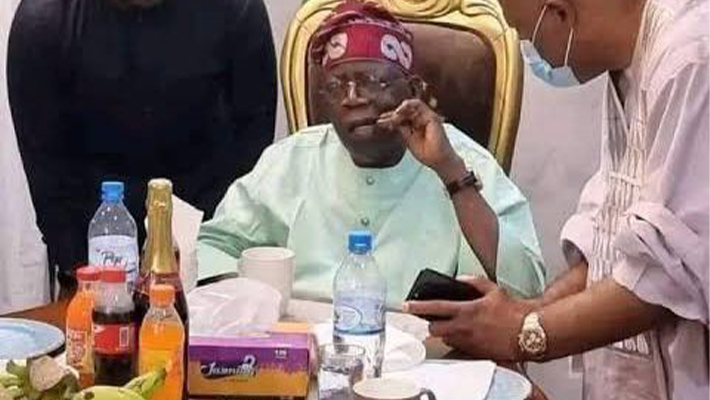 DHQ uncovers details of foiled coup plot against Tinubu
DHQ uncovers details of foiled coup plot against Tinubu 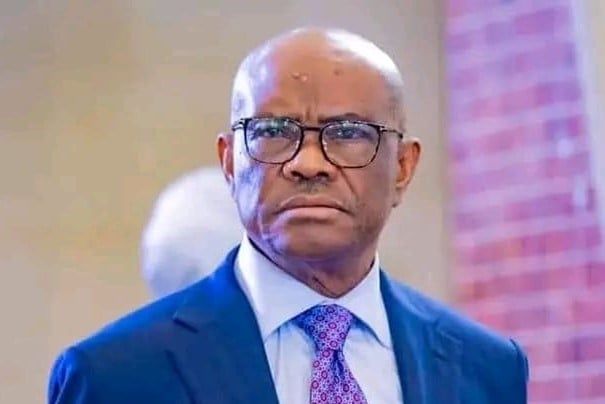 FCTA Workers, NLC Take Labour Dispute to Court, Demand Wike’s Exit
FCTA Workers, NLC Take Labour Dispute to Court, Demand Wike’s Exit 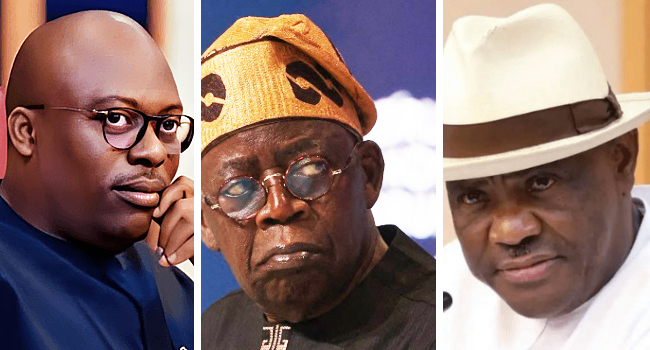 Rivers Power Play Puts Tinubu in a Political Tight Corner
Rivers Power Play Puts Tinubu in a Political Tight Corner 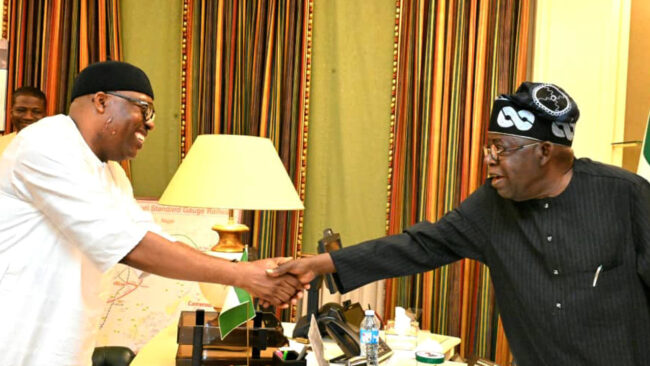 Rivers APC Hails Tinubu’s Stand, Says Presidency Has Settled Wike–Fubara Leadership Dispute
Rivers APC Hails Tinubu’s Stand, Says Presidency Has Settled Wike–Fubara Leadership Dispute 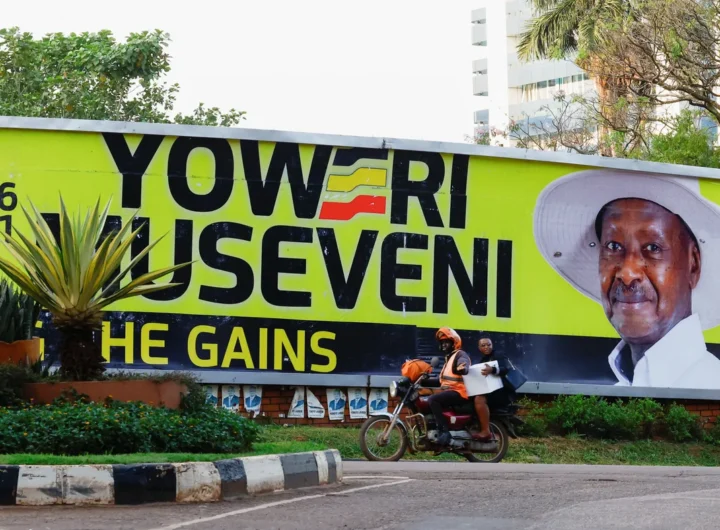 Africa’s Powerbrokers Rally Behind Museveni as Uganda Votes Him into a Seventh Term
Africa’s Powerbrokers Rally Behind Museveni as Uganda Votes Him into a Seventh Term 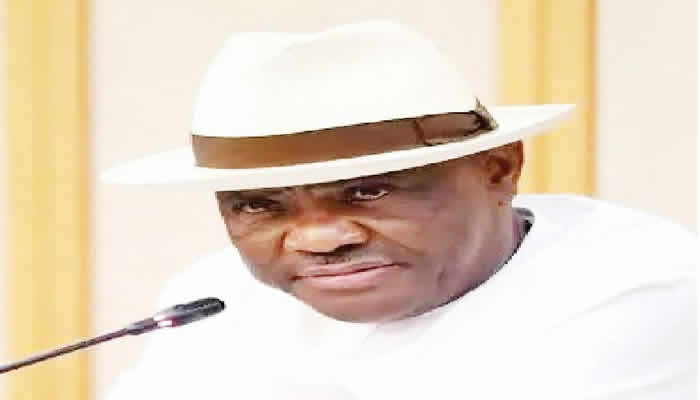 My appointor has the right to sack me — Wike Fires Back at Sack Calls, Dares Criticu
My appointor has the right to sack me — Wike Fires Back at Sack Calls, Dares Criticu 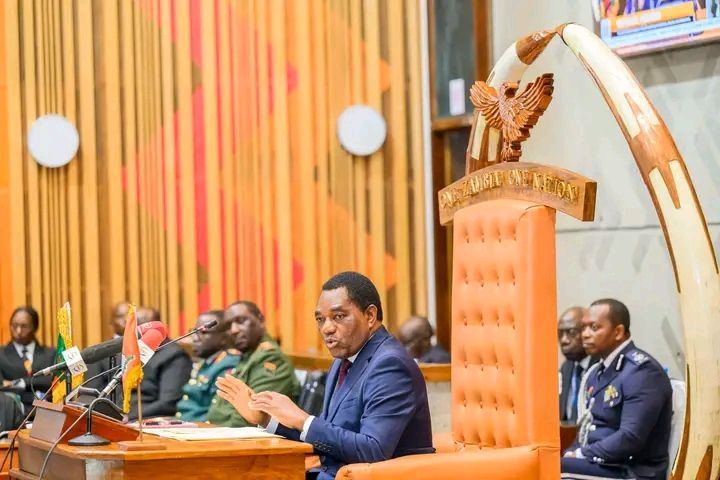 Zambia’s Hichilema’s Makes His Case: Stabilisation, Reform and the Road to 2026
Zambia’s Hichilema’s Makes His Case: Stabilisation, Reform and the Road to 2026 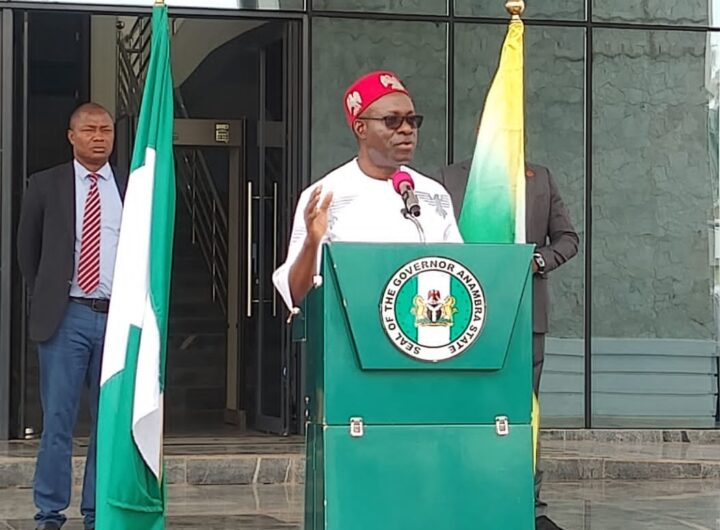 Onitsha Market Closure: Soludo Explains Rationale, Vows to End Sit-at-Home
Onitsha Market Closure: Soludo Explains Rationale, Vows to End Sit-at-Home 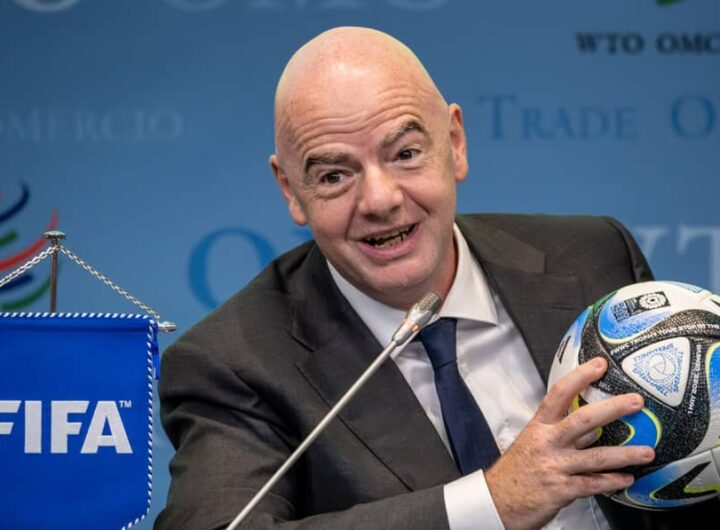 FIFA Rules Out World Cup Ban as Senegal Face CAF Sanctions Over AFCON Final Walk-Off
FIFA Rules Out World Cup Ban as Senegal Face CAF Sanctions Over AFCON Final Walk-Off  Nollywood Actress, Angela Okorie Reportedly Detained Over Alleged Cyberbullying Linked to Mercy Johnson Case
Nollywood Actress, Angela Okorie Reportedly Detained Over Alleged Cyberbullying Linked to Mercy Johnson Case